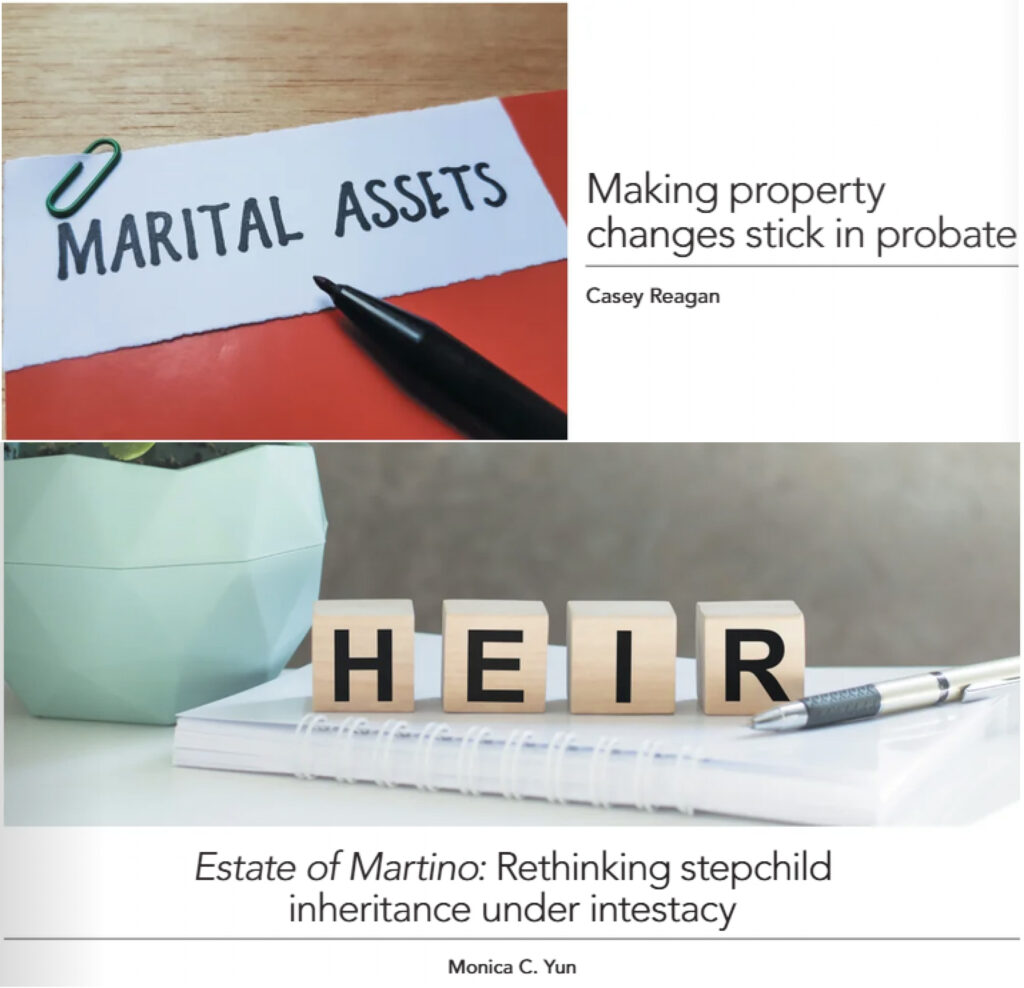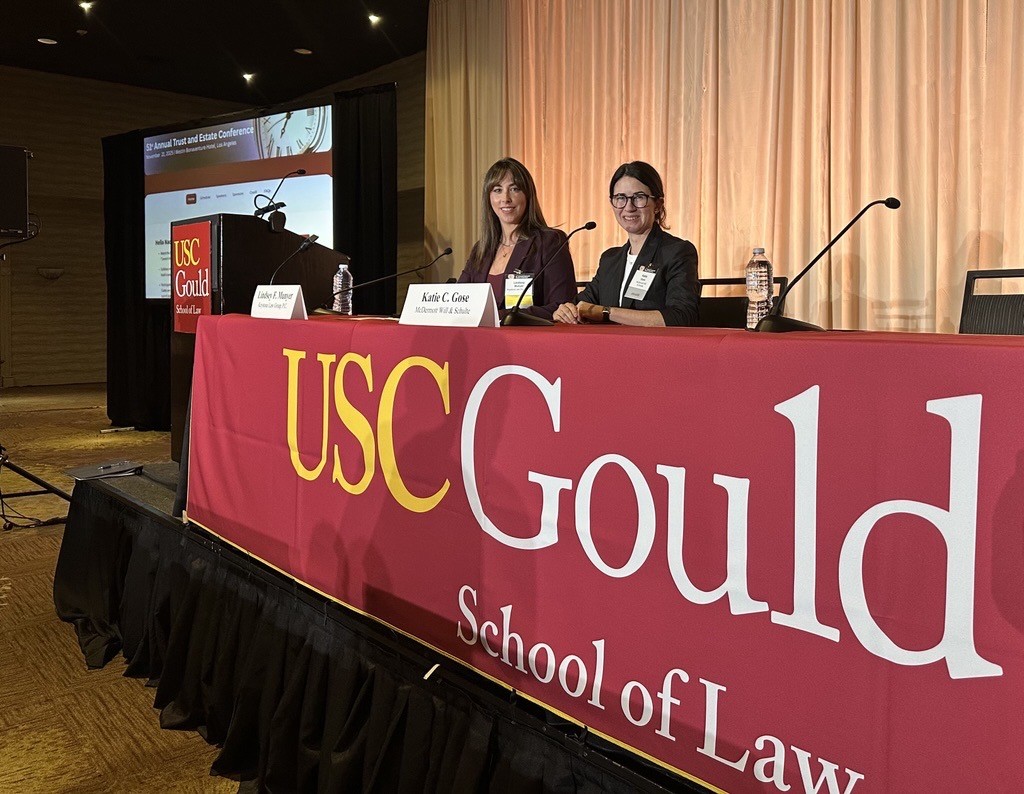In a recent decision,[1] the California Court of Appeal upheld a post-trial cost of proof award of over $600,000 against a party who failed to admit certain Requests for Admission (“RFA”) during the pre-trial discovery process! This case highlights the significant risk of failing to admit RFAs which a party knows or should know are true, and sheds some light on a very powerful tool for litigators to use against a recalcitrant opposing party.
Orange County Water District v. The Arnold Engineering Co.[2] came before the Fourth District Court of Appeal following a post-judgment award granting the Arnold Engineering Co. (“Arnold”) $615,000 in costs of proof under California Code of Civil Procedure section 2033.420 (“Section 2033.420”)[3]. The Orange County Water District (the “District”) had denied (without proper basis) certain fact-specific RFAs propounded by Arnold to which the District should have admitted. The trial court found that Arnold was entitled to recover the costs that it incurred to prove those particular facts at trial. In other words, had the District admitted those facts in its responses to the RFAs, then Arnold would not have had to continue to incur costs and fees associated with the continued litigation and ultimate proof of those facts up to and through the time of trial.
The primary issues in the litigation between Arnold and the District were whether or not Arnold had released certain chemicals into the ground during its 24-year operation at the subject contamination site, and whether Arnold’s release of said chemicals resulted in groundwater contamination. At trial, both parties presented evidence from both lay and expert witnesses regarding the chemicals that were used by Arnold and its successors at the site, as well as the levels and cause of contamination of the groundwater. But notably, during the discovery process, the District had denied Arnold’s discovery Request to Admit that certain specific chemicals were released and/or caused groundwater contamination, despite the fact that these RFAs were served on the District six months before trial, after more than six years of litigation, and the District possessed sufficient information at that time to accurately admit or deny these requests.
Based upon the remedy provided in Section 2033.420, the trial court awarded Arnold $313,000 in attorneys’ fees and $300,000 in expert fees, finding that the District did not have a reasonable basis for denying the above-referenced RFAs during the discovery process.
In determining whether the District should be liable for the costs of proof awarded to Arnold by the trial court, the Court of Appeals considered the plain language of Section 2033.420, which provides that a court “shall” make such a fee shifting award unless: (i) an objection to the discovery request was sustained or a response was waived; (ii) the admission was of no substantial importance; (iii) the party failing to admit had reasonable ground to believe it would prevail on the issue; or (iv) there was other good reason for failing to admit.
So what constitutes a “good reason” for denying a RFA such that a party will be exempt from a cost of proof award under Section 2033.420? A court will look to whether at the time the denial was made and in light of the evidence, the denying party “had a reasonable, good faith belief he or she would prevail on the issue at trial.”[4] A party’s belief must be “grounded in the evidence; it cannot be based merely on ‘hope or a roll of the dice.’”[5] This requires “not only an assessment of the substantiality of the evidence for and against the issue known or available to the party, but also the credibility of that evidence.”
Thus, the fact that the denying party ultimately does not succeed on the issue at trial does not necessitate their payment of costs of proof if the party had a “reasonable basis” to believe it could prevail. Among other things, a denying party should take into account the credibility and persuasiveness of expert opinion evidence as it relates to the RFA’s in question.[6] Even where a party’s expert is not ultimately believed at trial, that expert’s opinion may be a valid basis for the party’s previous denial of an RFA. But when relying on an expert opinion for such purposes, a party should cautiously consider whether the expert has sufficient experience and qualifications, whether the expert’s opinion will be admissible at trial, whether the opinions are supported by other admissible evidence, the reasonableness of the expert’s methodology, and the logic of the expert’s analysis.[7] In some cases (including this one), a party’s reliance on an expert’s opinion to deny an RFA has been found to be unreasonable, including when the expert was not properly disclosed or when their deposition testimony was inadmissible.[8] Naturally, reliance on an expert’s opinion is improper where the expert is clearly unqualified, and such a reliance will not shield a party from later costs of proof.[9]
This case should encourage parties to think twice before responding to a discovery Requests for Admission with a blanket denial, especially when the available evidence clearly does not support such a position.
——————————-
[1] Decision certified for partial publication.
[2] Orange Cnty. Water Dist. v. The Arnold Eng’g Co. (2018) 31 Cal.App.5th 96.
[3] Section 2033.420 states in pertinent part: “If a party fails to admit the genuineness of any document or the truth of any matter when requested to do so under this chapter, and if the party requesting that admission thereafter proves the genuineness of that document or the truth of that matter, the party requesting the admission may move the court for an order requiring the party to whom the request was directed to pay the reasonable expenses incurred in making that proof, including reasonable attorney’s fees.”
[4] Id. at 368 (emphasis in original), citing Grace v. Mansourian (2015) 240 Cal.App.4th 523, 529.
[5] Id. at 366, citing Grace v. Mansourian, 240 Cal.App.4th at 532.
[6] Id. at 367.
[7] Id.
[8] Id.
[9] Id.










